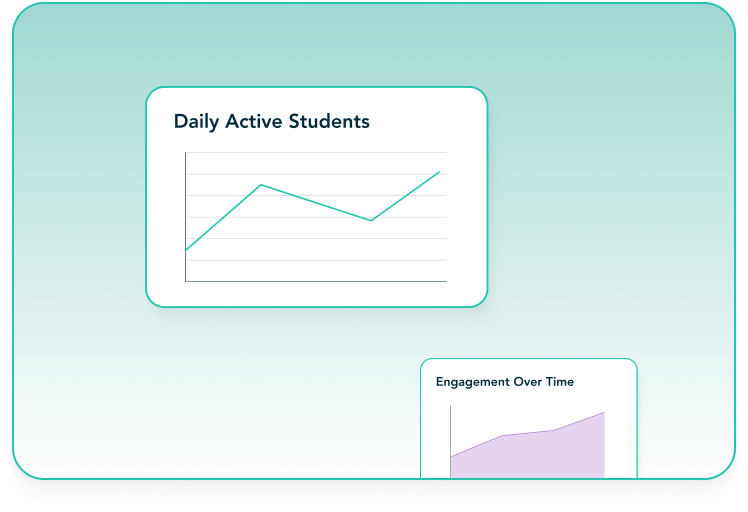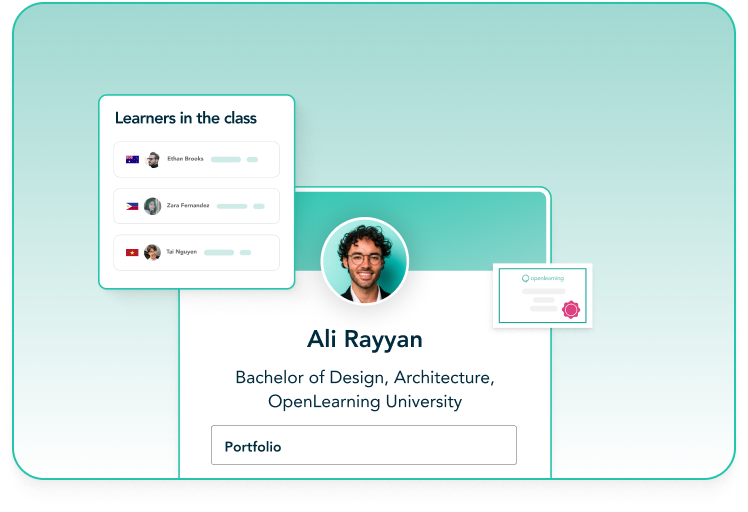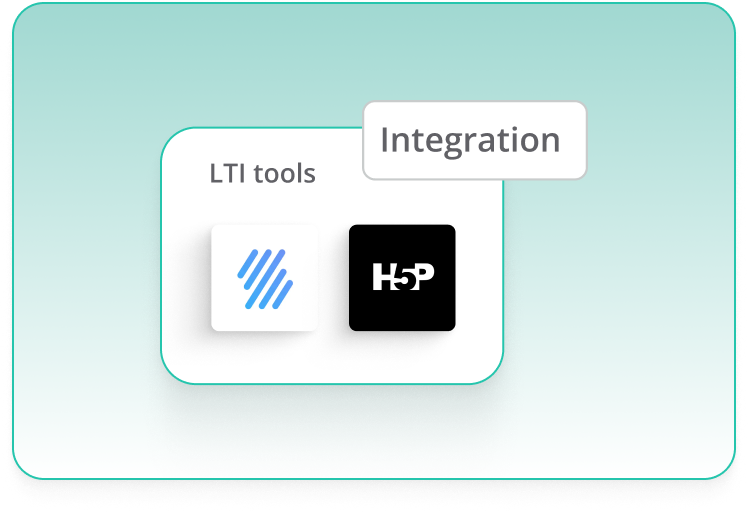
Hubungi Kami



























Choosing the right Learning Management System (LMS) can make or break your online learning initiative. Both OpenLearning and Moodle are popular options, but they serve different needs. Below, we break down the key differences to help you decide which platform best supports your eLearning goals.
OpenLearning: Built with learning design pedagogy at its core, OpenLearning helps educators go from idea to structured course in minutes with its embedded AI Assistant Course Builder. Its AI can generate learning outcomes, modules, and even activities aligned with learning design best practices—helping teams save significant setup time and focus on enhancing content quality.
Moodle: Moodle offers a flexible but manual course setup process. While plugins can extend functionality, it lacks built-in AI for course design. This means course creators spend more time on structure, alignment, and activity creation.
OpenLearning: Designed to foster a sense of community, OpenLearning includes social feeds, peer and self-assessments, reflection prompts, and activity types that encourage active participation. The platform focuses on building engagement to reduce dropout rates and sustain learner motivation.
Moodle: Moodle provides standard engagement tools like forums, quizzes, and assignments. These features are functional but lean more towards content delivery than collaborative, community-driven learning. As a result, student retention depends heavily on the educator’s design choices and use of plugins.
OpenLearning: Courses on OpenLearning are outcome-based, with learning portfolios that allow students to showcase work-based evidence and growth over time. Educators and institutions can also track progress through graduate attribute dashboards, making it easier to measure skills beyond test scores.
Moodle: Assessment is largely quiz- and assignment-based. While teachers can manually set outcomes, tracking them at scale requires additional setup or plugins. The system works well for testing knowledge but has less emphasis on holistic skill development.
OpenLearning: Supports large cohorts with ease, providing integrations like SSO (Single Sign-On) and SIS (Student Information System). Institutions can also export content and learning data to other LMS platforms, making it flexible for growth.
Moodle: Moodle is also scalable, but performance depends on the hosting and technical setup. Many integrations are possible, but they often require third-party plugins and technical expertise to implement smoothly.
OpenLearning: Comes with dedicated onboarding and ongoing support, ensuring institutions don’t navigate setup and adoption alone. It is fully compliant with global standards, including GDPR, PDPA, and WCAG, offering peace of mind for data privacy and accessibility.
Moodle: Moodle is open-source and primarily community-supported. While documentation and forums are available, support depends on either in-house expertise or external Moodle partners. Compliance is not guaranteed—it depends on how the system is hosted and maintained.




Yes. OpenLearning enables organisations to deliver industry-compliant training that focuses on practical application rather than just record-keeping, ensuring employees meet evolving regulatory requirements
